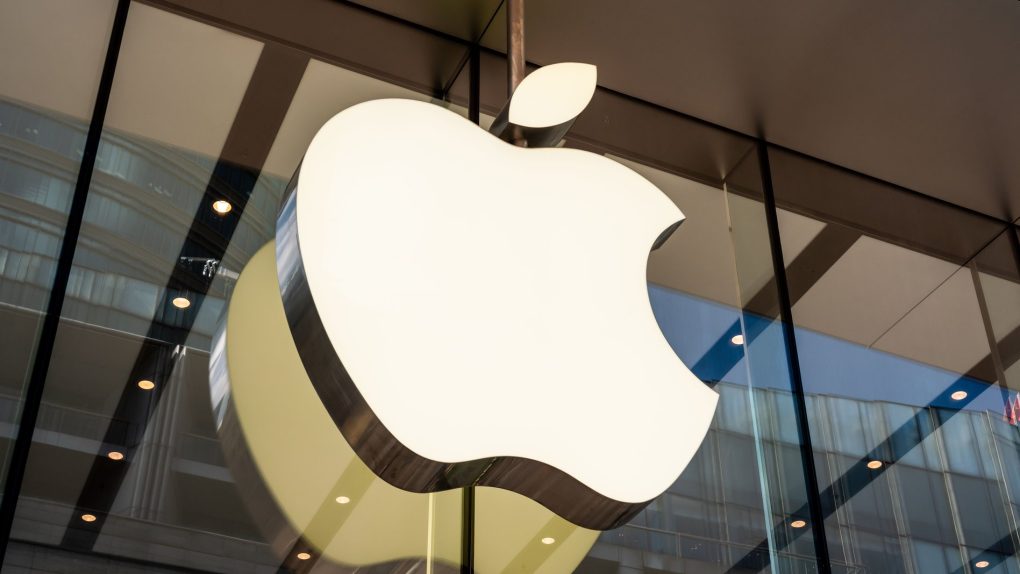- As states with sizable populations like New York, California, and Illinois enact stay-at-home measures, the stock market dropped significantly before the close of trading on Friday.
- Apple shares in particular fell by more than 6% and closed down below the $240 threshold for the first time in months.
- With so much uncertainty surrounding the coronavirus and whether or not countries can stop it from spreading, there’s no telling when the stock market will make a full recovery.
- Visit BGR’s homepage for more stories.
Amidst a report that the iPhone 12 release is still on schedule, investors thought that Apple might make a strong end-of-the-week push before the markets closed on Friday. As it turns out, the opposite happened. While Apple was seemingly holding strong at $240 a share for quite some time, Apple’s share price dropped abruptly during the last 40 minutes of trading today, falling from $241 a share down to $229. That represents a 6.35% drop for the day and, as a point of interest, the last time Apple shares dropped down below $230 was in October of last year.
Apple, of course, wasn’t the only company to close out the week with a sizable loss. The entire Dow fell more than 900 points in trading today, marking the end of what has been the most significant fall off in the stock market in more than 10 years. Over the past 5 days alone, the Dow fell by about 17%.
As to the seemingly sudden drop-off in the stock market today, many analysts are pointing at stay-at-home orders enacted by a number of states. New York Governor Andrew Cuomo, for example, put out an executive order today which instructs all non-essential workers across New York state to stay at home.
The executive order takes effect Sunday evening, Cuomo said, and comes a day after California Gov. Gavin Newsom ordered the state’s nearly 40 million residents to stay home. The two states have a combined population of nearly 59 million people, meaning the two orders affect nearly 1 in 5 Americans.
Cuomo acknowledged that his actions “will cause disruption. They will cause businesses to close. They’ll cause employees to stay at home. I understand that. They will cause much unhappiness. I understand that also.”
Similarly, Illinois Governor J.B. Pritzker on Friday afternoon ordered residents across the state to stay indoors and to limit their excursions outside. While roads, grocery stores, gas stations, hospitals, and restaurants (take-out only) will remain open, all non-essential businesses must close up shop by 5 p.m on Saturday. Illinois’ stay-at-home order will remain in effect until April 7.
Looking ahead, there’s a the possibility that other states will follow suit and enact similar measures to prevent the virus from spreading.
We can only hope that the stringent measures being taken now will ultimately help stop the coronavirus in its tracks and get us back to leading normal lives sooner rather than later.








